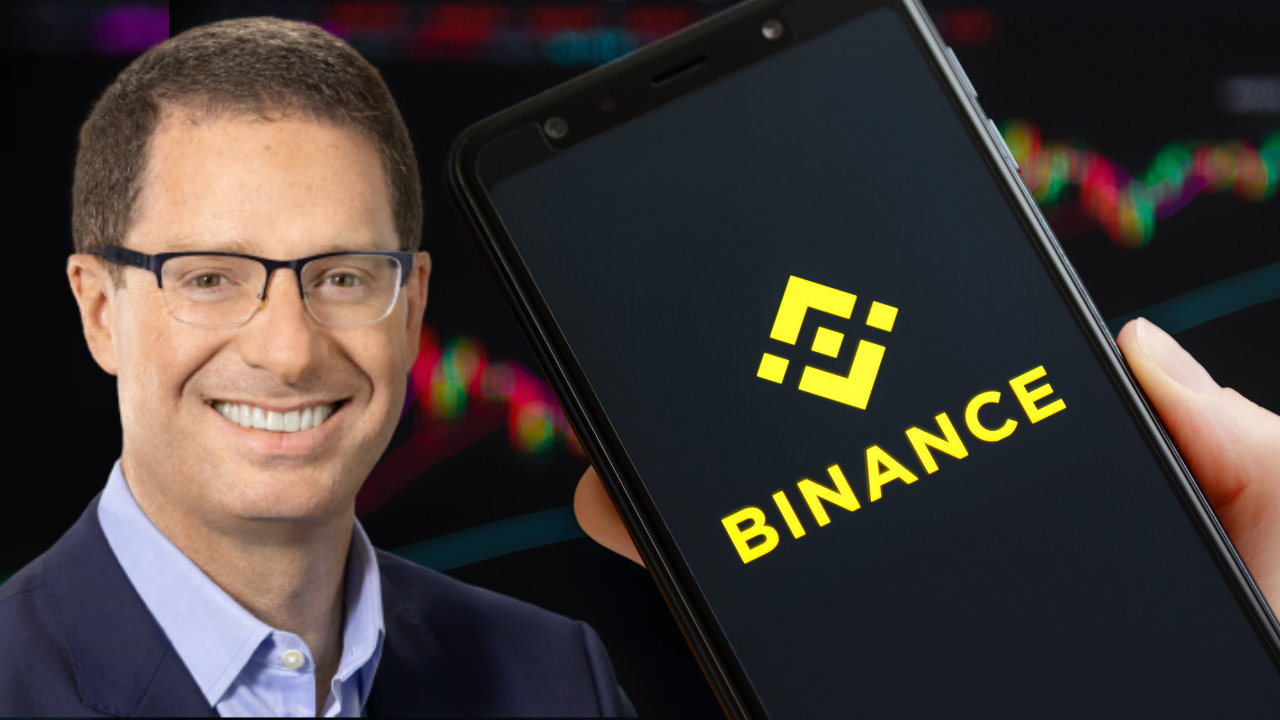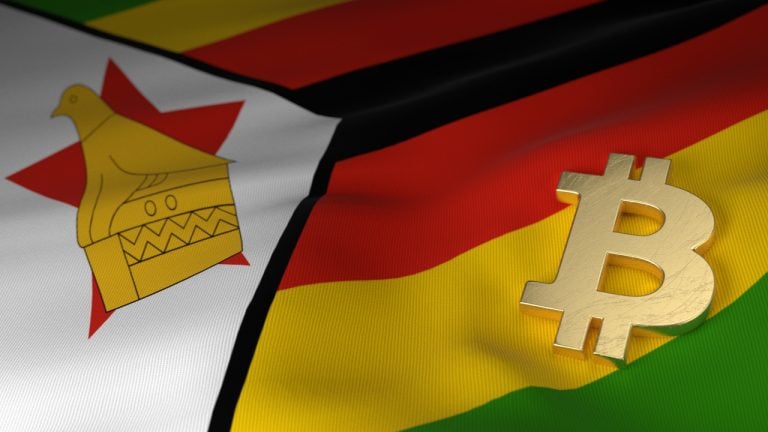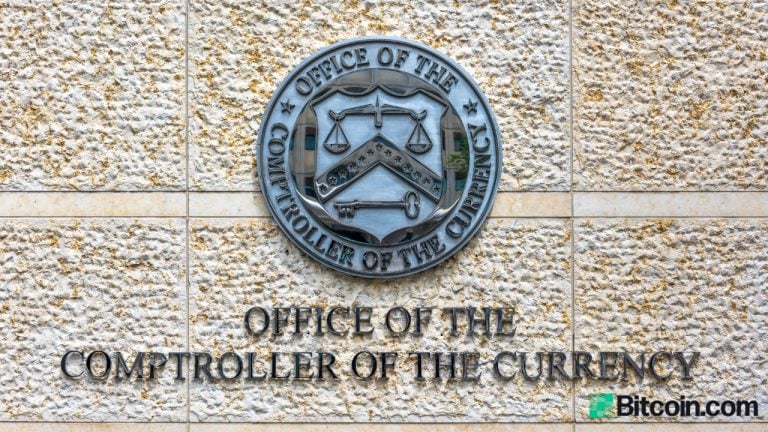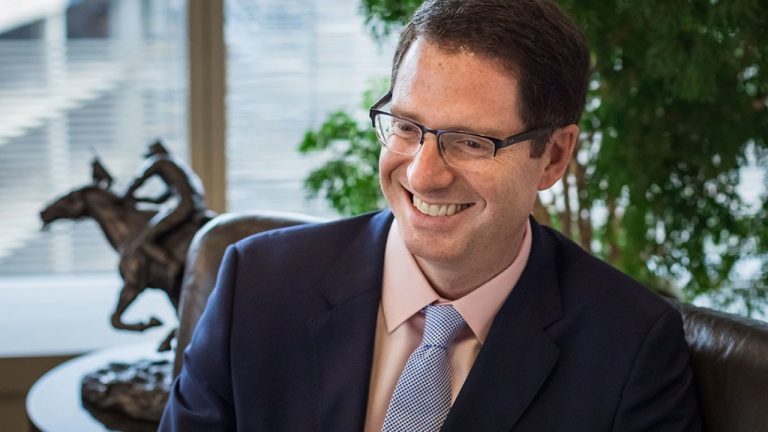 Former acting Comptroller of the Currency Brian Brooks has resigned as the CEO of Binance U.S. after just over three months. He cited “differences over strategic direction.” Meanwhile, Binance is facing regulatory scrutiny worldwide, including in the U.K., Malaysia, Japan, Cayman Islands, Hong Kong, Thailand, Germany, and Lithuania. CEO of Binance US Resigns The CEO […]
Former acting Comptroller of the Currency Brian Brooks has resigned as the CEO of Binance U.S. after just over three months. He cited “differences over strategic direction.” Meanwhile, Binance is facing regulatory scrutiny worldwide, including in the U.K., Malaysia, Japan, Cayman Islands, Hong Kong, Thailand, Germany, and Lithuania. CEO of Binance US Resigns The CEO […] Malta-based cryptocurrency exchange, Binance, has reportedly extended its blockade of Zimbabwean users to include non-resident citizens. As a result of the new measures, all Zimbabwean nationals are now precluded from using the Binance trading platform. Zimbabwean Nationals Blocked Prior to the introduction of this new measure, Binance apparently allowed Zimbabwean nationals with non-Zimbabwean residential addresses […]
Malta-based cryptocurrency exchange, Binance, has reportedly extended its blockade of Zimbabwean users to include non-resident citizens. As a result of the new measures, all Zimbabwean nationals are now precluded from using the Binance trading platform. Zimbabwean Nationals Blocked Prior to the introduction of this new measure, Binance apparently allowed Zimbabwean nationals with non-Zimbabwean residential addresses […] The new Acting Comptroller of the Currency, Michael Hsu, has requested a review of the cryptocurrency standards established by the top U.S. banking regulator. He is also urged to “reassess any conditional national trust charters and halt the approval of any additional charters to nonbank entities” during the review. Top Banking Regulator Reviewing Crypto Policy […]
The new Acting Comptroller of the Currency, Michael Hsu, has requested a review of the cryptocurrency standards established by the top U.S. banking regulator. He is also urged to “reassess any conditional national trust charters and halt the approval of any additional charters to nonbank entities” during the review. Top Banking Regulator Reviewing Crypto Policy […] A former top regulator and acting head of the U.S. Comptroller of the Currency, Brian Brooks has been appointed the CEO of crypto exchange Binance.us. Brooks will lead the exchange on May 1st and replace the company’s current lead, Catherine Coley. Binance has hired an individual with ties to Washington, as the company’s American trading […]
A former top regulator and acting head of the U.S. Comptroller of the Currency, Brian Brooks has been appointed the CEO of crypto exchange Binance.us. Brooks will lead the exchange on May 1st and replace the company’s current lead, Catherine Coley. Binance has hired an individual with ties to Washington, as the company’s American trading […]
Former top U.S. banking regulator Brian Brooks is joining the U.S. affiliate of the world’s largest cryptocurrency exchange as its new CEO.
Brian Brooks, the former acting comptroller of the currency of the United States Office of the Comptroller of the Currency, is set to become the new CEO of major cryptocurrency exchange Binance US.
According to a Tuesday announcement, Brooks will replace current Binance US CEO Catherine Coley effective May 1, 2021.
Formerly the head of Coinbase’s legal team, Brooks has emerged as a prominent figure in the crypto industry due to his continued efforts to provide regulatory clarity for crypto. Referred to in the community as the “first fintech Comptroller” and “Crypto Comptroller,” Brooks served as acting comptroller of the currency from May 2020 to January 2021.
Binance CEO and founder Changpeng Zhao said that Brooks’ expertise and knowledge will be invaluable as Binance US continues to expand. “Brian is an esteemed leader with an unparalleled blend of experience across traditional financial services, government, and the digital assets industry. Binance US’ ability to attract an executive of Brian’s caliber is a testament to the strength of its platform,” he said.
In an interview with The Wall Street Journal, Brooks said that his priorities at Binance US would include making the exchange a strong competitor of Coinbase as well as reinforcing its commitment to regulatory compliance.
“We are at the cusp of mainstream adoption of blockchain technology and digital tokens by individuals, institutions and governments alike. I am eager to work closely with industry participants and policymakers to develop an enduring regulatory framework that enables Americans to reap the benefits of decentralized finance for generations to come,” Brooks stated.
Binance launched its U.S. affiliate in September 2019. Headquartered in San Francisco, the exchange positioned itself as a separate company from the global Binance exchange, while both are founded by Zhao.

Brian Brooks has defended the fintech charter he oversaw while heading the OCC, warning heavy-handed crypto regulations could undermine U.S. competitiveness globally.
Brian Brooks has defended the fintech banking charter introduced while he served as the acting comptroller of the currency after Congressional Democrats took aim at the license on Thursday.
Brian appeared as a witness before the House Financial Services Committee’s Subcommittee on Consumer Protection and Financial Institutions at an April 15 hearing titled, “Banking Innovation or Regulatory Evasion? Exploring Trends in Financial Institution Charters.”
The fintech charter was introduced by the Office of the Comptroller of the Currency, or OCC, and overseen by Brooks in 2020, allowing financial technology firms including cryptocurrency companies to offer lending and payment products without being overseen by state banking regulators, FDIC insurance, or deposits from customers.
Californian representative and chairwoman of the House Financial Services Committee, Maxine Waters, claimed that banks and state regulators have complained about the lack of regulatory scrutiny faced by fintech firms licensed under the charter:
“State regulators, community banks and credit unions have raised alarms about how new entities, including big tech firms, are receiving unconventional bank charters and offering bank products and services while evading regulations most banks, including community banks, must comply with.”
Waters characterized the OCC of having “overstepped its authority,” accusing the office of “pretending that laws signed by Abraham Lincoln were intended to create charters for fintech or cryptocurrency.”
However, Brooks told the committee the charter had bolstered regulatory oversight of the fintech and crypto industries, arguing their activities would otherwise continue outside of regulators’ view.
Brooks described the charter as empowering firms that “provide consumers with better alternatives to traditional banks on the one hand and strip-mall financiers, like payday lenders, on the other.”
Other Democrats raised concerns that Bitcoin is primarily a vehicle for criminal syndicates, with California’s Brad Sherman claiming the crypto asset is largely used by “tax evaders” and “narco-terrorists.” Texas’s Al Green also advanced what he said were his constituents’ concerns regarding the prevalence of Ponzi schemes in the crypto sector.
Brooks dismissed these worries, arguing that exclusionary regulations could hinder the United States’ technological dynamism and that heavy-handed legislation could undermine U.S. soft power in the emerging digital economy:
“We’re building a second Internet here — it’s not built for terrorist financing, it’s built to allow us to have a truly decentralized Internet. If you believe that America’s soft power in the world has a lot to do with the fact that we control ICANN and the Internet Protocol, I think you would feel similarly about these new protocols.”

Former OCC acting comptroller Brian Brooks claimed that cryptocurrencies like Bitcoin “actually are backed by something.”
Brian Brooks, former acting comptroller of the currency of the United States Office of the Comptroller of the Currency, has claimed that cryptocurrencies like Bitcoin (BTC) have some backing, while the U.S. dollar may not have any.
Brooks gave his remarks in a CNBC Squawk Box interview with Joseph Kernen to unpack recent Bitcoin-related remarks by the U.S. Federal Reserve chair Jerome Powell. Earlier this week, Powell argued that cryptos like Bitcoin are “essentially a substitute for gold” but at the same time they are “not backed by anything.”
CNBC host Kernen pointed out that gold has historically been seen as a store of value, expressing confusion over Powell’s comments, stating. “He just said it’s like gold but not a store of value. Does he not think that gold is a store of value?”
In response, Brooks said that there are many reasons why people have flocked to Bitcoin over the past year, including the Fed dramatically increasing the dollar supply. “So when you do that, it means that the dollar is at least a 40% less good store of value than it was a year ago. And that is one of the reasons people opt to Bitcoin,” he stated.
In reference to the United States abandoning the gold standard under President Richard Nixon in 1971, Brooks said:
“The point I really wanna make is the dollar may not actually be backed by anything [...] But cryptocurrencies actually are backed by something. They’re backed by underlying networks, and what you’re buying when you buy a crypto token — whatever it is Bitcoin or anything else — you’re buying a piece of a financial network built to transact all kinds of stuff.”
Brooks stated that the increasing number of network applications over the past few years is the main reason that the crypto industry is worth almost a $2 trillion today. “I believe in the wisdom of crowds. I think that crowds are telling you that these networks are where finances are going in the future. I wanna be part of that,” he concluded.
U.S. authorities have been actively investigating the concept of a digital dollar. On Monday, Powell said that the Fed would not proceed with the digital dollar without support from Congress.